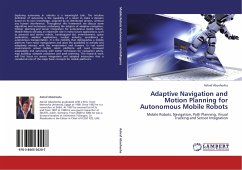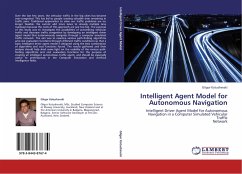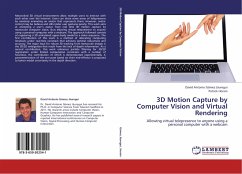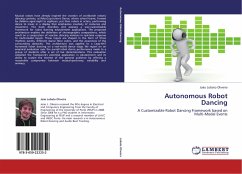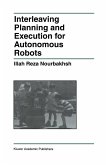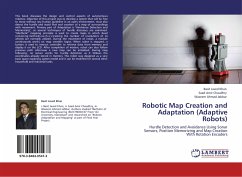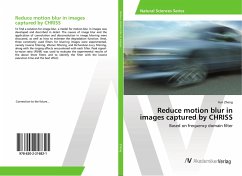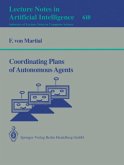Exploring autonomy in robotics is a meaningful task. The intuitive definition of autonomy is the capability of a robot to make a decision based on its own knowledge, acquired by its distributed sensors, without any human interference. Throughout this framework we discuss some algorithms and techniques underlying the subjects of adaptive navigation, motion planning and sensor integration for autonomous mobile robots. Mobile Robots will play an important role in many future applications, such as personal and service robots, handicapped aid, entertainment, space exploration, medical applications, nuclear industry, surveillance or autonomous transportation. It is the mobility that distinguishes a mobile platform from robot manipulators and gives the possibility to actively and adaptively interact with the environment and humans. In real world environments actual mobile robot platforms will need increased adaptability and autonomy with better techniques for navigation safety, map building, obstacle avoidance and path planning. This research work will first focus on sensor integration and adapted interaction that is considered one of the major basic concepts for mobile platforms.

